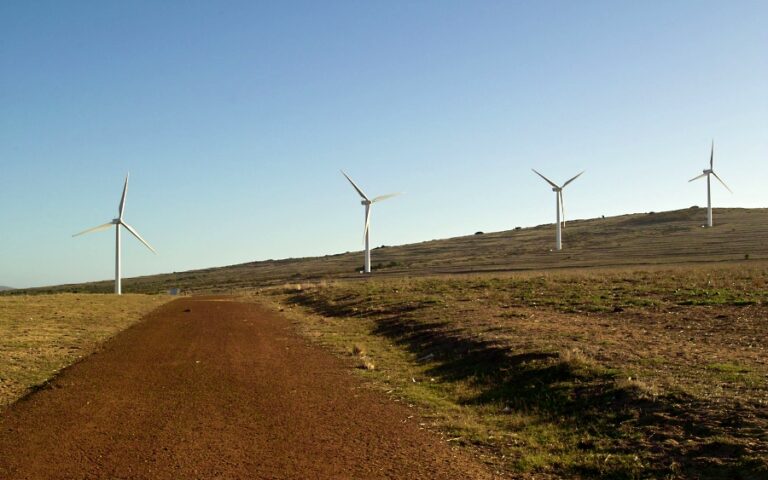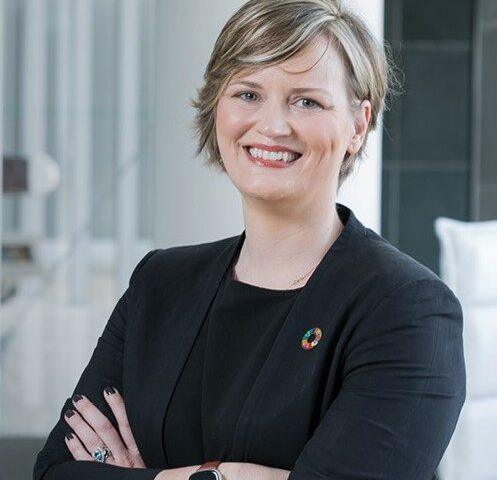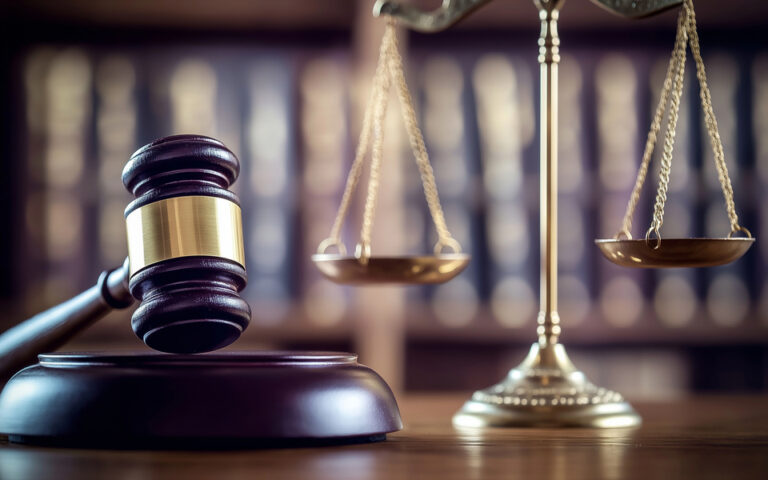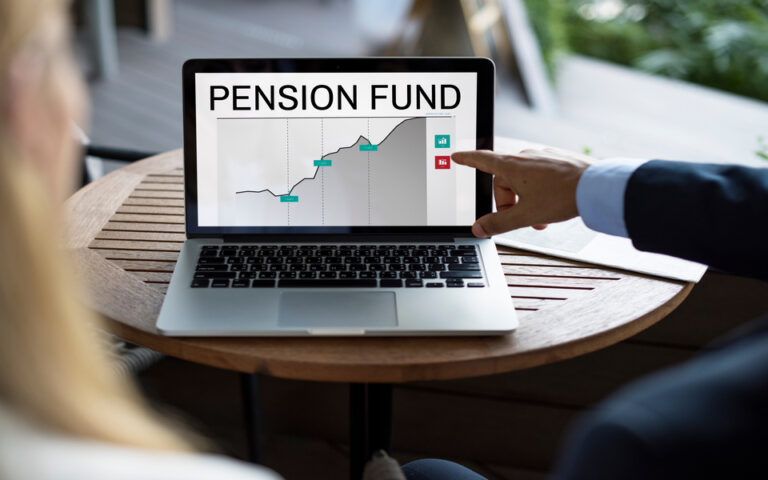Sasol welcomes Treasury’s climb-down on carbon tax
On 14 March, Sasol published a media release welcoming “recent positive policy announcements that support South Africa’s energy transition and potential impact (sic) economic growth”.
Sasol praised “the promising policy direction on carbon tax” as set out in the Budget Review; including “(t)he retention of the basic tax-free allowance at 60% until at least 2030…”.
Sasol is referencing the fact that National Treasury’s proposals for the carbon tax as contained in the March 2025 budget review document are much weaker than those it set out in the Carbon Tax Discussion Paper: Phase 2 of the Carbon Tax, published for comment in November 2024.
The discussion paper proposed the reduction of the basic tax-free allowance by 10 percentage points in 2026 and 2.5 percentage points per year thereafter from 2027 until 2030. Such reductions are crucial because the current carbon tax remains far too low to incentivise decarbonisation and to ensure that the “polluter pays”.
In Just Share’s December 2024 comments on the discussion paper, we warned that industry would lobby strongly against the implementation of a meaningful carbon tax, as it has done for over a decade.
In its January 2025 public consultation, Treasury was clear that climate change is the biggest environmental risk and challenge facing the world, and that South Africa needs a “rapid and significant decline in emissions from the energy sector”.
There was no indication in the consultation that the 60% basic tax-free allowance would be retained until 2030: in fact, in response to industry pushback, one Treasury representative told industry that it cannot expect to continue with business-as-usual. For undisclosed reasons, Treasury now appears to have capitulated.
Sasol given a free pass on toxic air pollution – again
The day before Sasol’s statement welcoming Treasury’s climb-down, a concentrated plume of hydrogen sulphide (H₂S) fumes from its Secunda plant was spreading over Gauteng.
As a result, Johannesburg residents were once again beset by the characteristic “rotten egg” odour of the gas in the evening on 13 and 14 March. H₂S harms the respiratory and nervous system and forms highly-hazardous fine particulate air pollutants (PM₂.₅). Instead of undertaking to investigate and better regulate these emissions, the government’s response to this pollution was simply to say that it expects this to happen in “February and March every year…due to specific weather conditions around that time”.
In 2024, former Minister of Forestry, Fisheries and the Environment, Barbara Creecy, granted Sasol’s appeal against the National Air Quality Officer’s refusal of its application for a much more lenient sulphur dioxide (SO₂) limit. Unlike H₂S, SO₂ is mostly odourless, but also has serious health impacts and also forms PM₂.₅.
Creecy purported to regard the health impacts of Sasol’s emissions “with utmost seriousness” but nevertheless cited the need to “balance” these impacts with Sasol’s economic contribution, even though it is the role of the Minister to ensure that economic activity does not come at the expense of human lives and livelihoods.
In its opposition to Sasol’s appeal, Just Share provided expert evidence showing that granting the appeal would result in 50-130% higher negative impacts on human health than if Sasol complied with the legislated SO₂ limit.
South Africa’s SO₂ minimum emission standard (MES) is substantially weaker than equivalent standards in developing countries like China and India, rendering it even more unacceptable that government consistently permits Sasol to evade compliance.
Eskom’s get-out-of-jail-free card?
Shortly thereafter, and despite the devastating health impacts of air pollution and the deaths attributed to Eskom emissions, Minister Creecy also gifted Eskom massive air pollution indulgences. These included further postponement of MES compliance for three power stations and suspension of compliance for five power stations (despite Eskom’s failure to provide clear and detailed decommissioning schedules as legally required).
Most concerningly, Creecy invited Eskom to apply to be permanently exempt from the MES in relation to four power stations. Eskom has since applied for exemptions for eight stations. The Minister’s decision is pending. Of course, the negative health and climate impacts of Eskom’s stations will be exacerbated if their lives are extended.
Government consistently caves to anti-climate corporate lobbying
It has always been made very clear that exemptions from minimum standards were not legally permissible. The decision to allow exemption applications completely undermines the air quality architecture.
As with the carbon tax, the delays in and exemptions from MES compliance are the result of dedicated lobbying by fossil fuel interests to dilute and delay regulations that would require companies to limit their emissions. This lobbying is unregulated in South Africa: there is no requirement for government transparency about industry access and influence.
Just Share will shortly publish a report highlighting the extent to which anti-climate corporate lobbying has undermined the country’s climate response for over a decade. Government must start acting in the interests of the broader public, instead of in the interests of the fossil fuel industry.
South Africans bear the cost of government’s inaction
The costs externalised by Sasol and Eskom on to society are consistently ignored, to the detriment of our future economic growth and resilience, and at the risk of rendering South Africa’s climate change response futile.
These costs take the form, inter alia, of respiratory and other diseases suffered by all who are impacted by Sasol and Eskom emissions – which lead to: delayed development, premature deaths and lost productivity; environmental costs, including water and soil pollution which contaminates productive agricultural land; significant increasing climate change-related costs; and widening inequality, as the burden of these impacts falls disproportionately on the most vulnerable members of society.
In providing Eskom and Sasol with endless indulgences and ignoring the “polluter pays” principle enshrined in the National Environmental Management Act, National Treasury and the Department of Forestry, Fisheries and the Environment are failing dismally to uphold our constitutional right to an environment that is not harmful to health or well-being.
IMAGE: Leon Sadiki/Bloomberg via Getty Images






